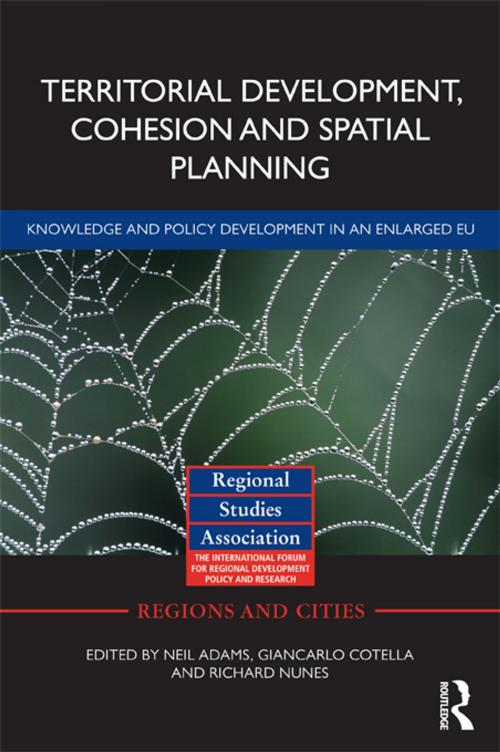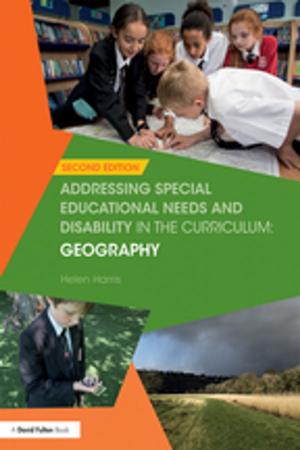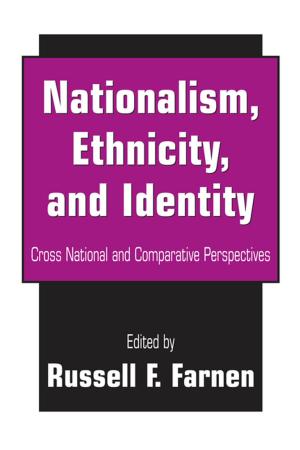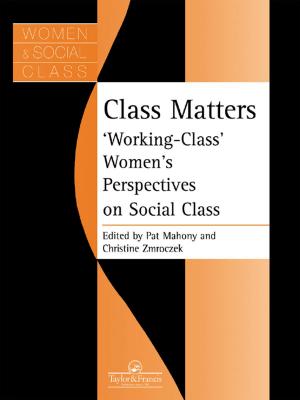Territorial Development, Cohesion and Spatial Planning
Building on EU Enlargement
Business & Finance, Economics, International Economics| Author: | ISBN: | 9781136909504 | |
| Publisher: | Taylor and Francis | Publication: | August 6, 2012 |
| Imprint: | Routledge | Language: | English |
| Author: | |
| ISBN: | 9781136909504 |
| Publisher: | Taylor and Francis |
| Publication: | August 6, 2012 |
| Imprint: | Routledge |
| Language: | English |
This book examines some of the evolving challenges faced by EU regional policy in light of enlargement and to assess some of the approaches and trends in terms of territorial development policy and practice that are emerging out of this process. Focusing on the experiences on Central and Eastern Europe, these chapters reflect on the diversity of approaches to spatial planning and the the politics of policy formation and multi-level governance operations – from local to trans-national agendas.
Promoting increased awareness and understanding of these issues is the main purpose of the book, as well as harnessing the extensive capacity and ‘knowledge’ within these countries that can greatly enrich the discourse within an enlarged ‘epistemic community’ of European spatial planning academics, practitioners and policy-makers. The recently acquired CEE dimension provides a unique opportunity to examine the evolution of existing ‘epistemic communities’ as well as to explore the potential emergence of new ones..
This book examines some of the evolving challenges faced by EU regional policy in light of enlargement and to assess some of the approaches and trends in terms of territorial development policy and practice that are emerging out of this process. Focusing on the experiences on Central and Eastern Europe, these chapters reflect on the diversity of approaches to spatial planning and the the politics of policy formation and multi-level governance operations – from local to trans-national agendas.
Promoting increased awareness and understanding of these issues is the main purpose of the book, as well as harnessing the extensive capacity and ‘knowledge’ within these countries that can greatly enrich the discourse within an enlarged ‘epistemic community’ of European spatial planning academics, practitioners and policy-makers. The recently acquired CEE dimension provides a unique opportunity to examine the evolution of existing ‘epistemic communities’ as well as to explore the potential emergence of new ones..















